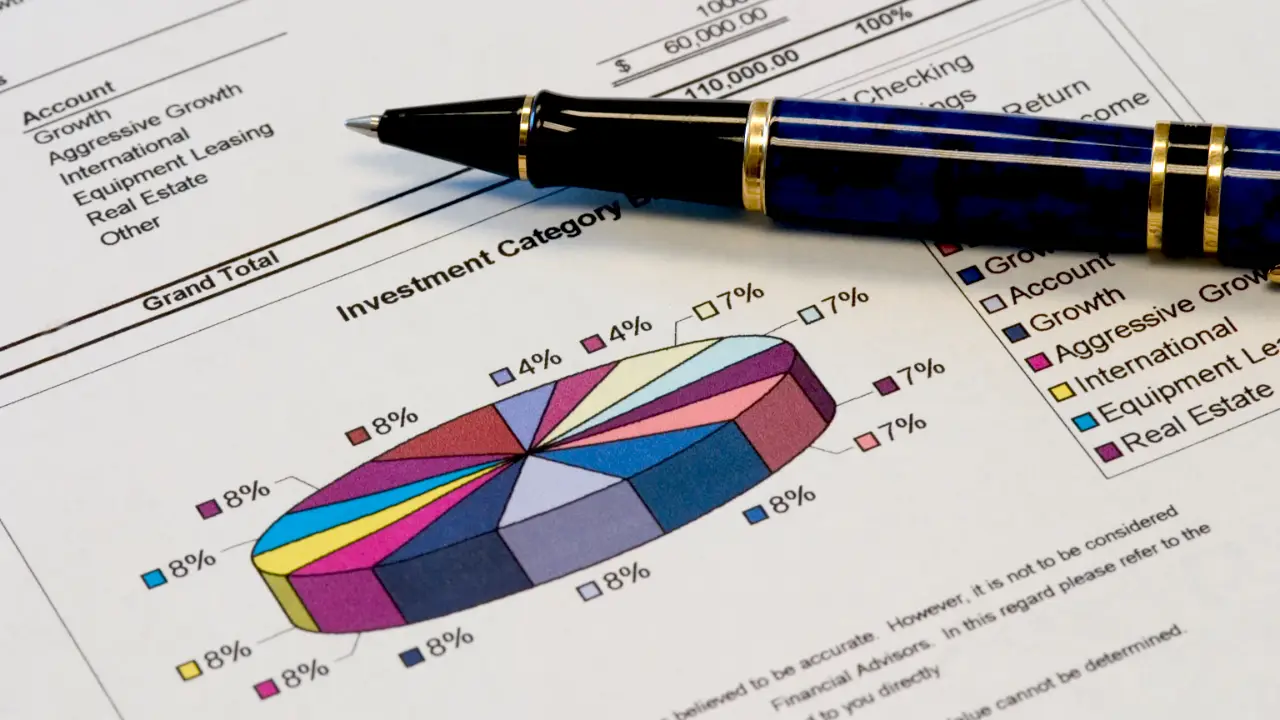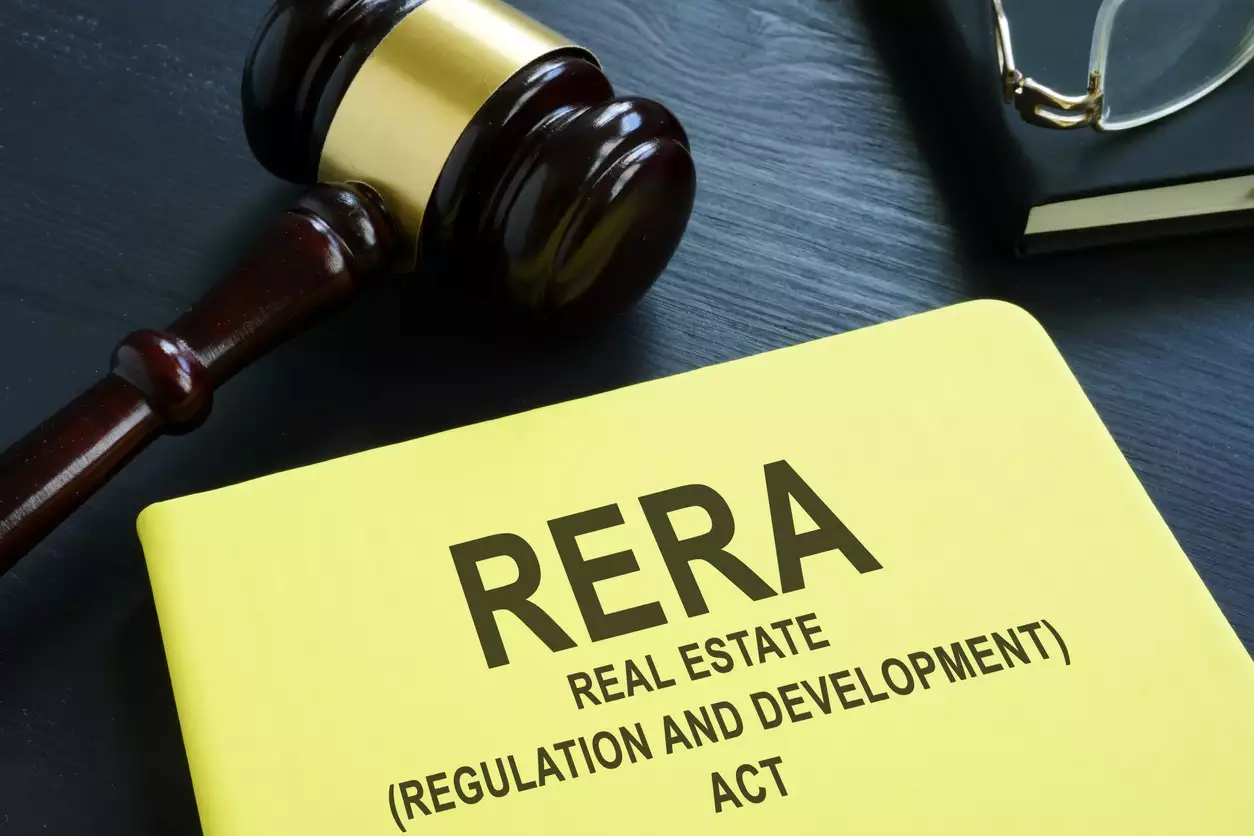Real estate development is a dynamic and lucrative industry that has captured the imaginations of entrepreneurs and investors for centuries. It involves the transformation of raw land or existing properties into profitable assets. This can be constructing new buildings, renovating existing structures, or repurposing land for various uses.
While real estate development has substantial rewards, drawing more individuals and companies to invest, it is essential to recognize that this field has challenges and risks. Besides, can you name a business that has no risks involved? Let’s explore the world of real estate development, the rewards it offers, and the risks encountered in this realm.
Rewards

Profit potential
Many people invest in real estate development due to its steady cash flow. Potential profits in this sector highly depend on the following:
- Location
- Property type
- Market trends
- Demographics
- Construction costs
- The growth potential of the given location
For example, a development project within or near a place like Westlands with modern amenities, automation apps, and sustainable features calls for impressive returns.
Successful development projects yield significant returns on investment, also because of high-demand areas where property values are steadily increasing, like in Lavington. This shows that a well-planned development project can provide a long-term income stream or generate significant capital gains upon sale or rental.
Economic stimulation
Overall, the real estate industry is a cornerstone of a country’s economy. Real estate development can create jobs, boost property values, improve infrastructure, and contribute to the overall improvement of neighborhoods.
Job creation provides employment opportunities to architects, engineers, designers, contractors, and subcontractors. This helps in reducing the number of unemployment in that location. Property renovation with modern features and installation of technologies like smart home devices help in demand for higher property value.
Job creation and property value boosts help uplift a neighborhood’s face, increasing market demand. This makes developers feel satisfied knowing that their work positively impacts their communities.
Portfolio diversification

Real estate markets keep evolving, increasing, and declining property value—the more reason to diversify your investment. Real estate development offers an opportunity to diversify your investment portfolio.
Unlike conventional investments, stocks and bonds, which you can have for years, disappear into the thin air in one night. The industry provides a tangible asset that can be appreciated over time. With numerous investment opportunities, a developer can invest in various types of projects like:
- Single-family homes
- Small multifamily properties
- Large apartment complexes
Retail, industrial, office space, self-storage, and more, while in different locations. Investment diversification in various developments and geographical areas allows developers to spread risk and enhance financial stability. For instance, in Kenya, the property market in Kiambu County value-wise significantly differs from that in Nairobi.
Nairobi property will value more because it is close:
- Better healthcare
- Improved infrastructures
- Variety and better schools
- More shopping malls and recreational centers
The properties have modern and improved features and amenities. Nairobi project can increase in value more quickly than one in Kiambu. But also it will depend on a particular area. For instance, prices for 3-bedroom apartments in Nairobi Buruburu will significantly vary from those in Westlands—a chance to put your money where returns are.
Creative control
Creativity in real estate development is essential to a developer as it can help land big deals. This real estate sector allows developers to use their imagination as it offers creative control. Architects work with what you give them; you design and shape the physical environment, which can be immensely satisfying for those passionate about architecture and design.
This creative aspect can make real estate development an incredibly fulfilling career choice.
Risks involve

Volatile market
Real estate markets can be unpredictable due to fluctuations. Economic conditions, politics, interest rates, and consumer sentiment influence the instability. For instance, if a property is low in demand, its value drops, and the opposite is true.
Market volatility happens during recessions, making many developers unsure of their investments. A sudden and drastic downturn in the market can adversely affect a project’s profitability or even lead to financial losses.
Financing challenges
How hard can it be to secure finances in real estate development? Having your conceptual idea approved and given the go-ahead, precise plan, and budgeting it with everything outlined, even with emergency funds, is different from securing financing.
Securing financing for real estate development projects can be complex and competitive. Before lenders accept to finance a project, they need to understand its in and out, that is, the purpose and risks involved. Also, they must know how you will pay them off.
As such, you must have a precise financial plan that shows how finances are distributed and your backup plan when you face an expected expense. For instance, in an economy with inflation, prices continue to hike. Lenders want to see if you have some finance for those things. Obtaining loans may involve navigating a maze of paperwork and stringent underwriting standards. A lack of available funding can stall or cancel a project.
Regulatory hurdles

Real estate development is subject to various regulations, zoning laws, building codes, and permits. Construction authority keeps check on:
- Project managers and their teams if they qualify for the job
- Ensure terms and conditions have been met
- Quality is observed
- Project is insured
Navigating the bureaucratic landscape can be time-consuming and costly. You must ensure every regulatory step has been sorted to avoid project delays, additional expenses, or even project abandonment.
Construction risks
Construction is a significant phase of real estate development and has inherent risks. It is highly affected by delays, cost overruns, and quality control issues, impacting a project’s timeline and budget. Developers also deal with the potential for accidents or unforeseen structural problems.
Real estate development has substantial rewards and significant risks. To thrive in this industry, aspiring developers must possess a deep understanding of market dynamics, a willingness to navigate regulatory complexities, and adapt to changing circumstances. It’s frightening, but the rewards and risks make the industry exciting, especially for those with the passion and determination to succeed.
Developers must conduct thorough due diligence, seek expert advice, and develop a well-defined business plan to minimize risks. They also should consider each project’s unique characteristics and market conditions. Take each step at a time with a strategic plan and resilient spirit to make real estate development a rewarding and profitable endeavor.
 Hi Boox Popular Magazine 2024
Hi Boox Popular Magazine 2024



